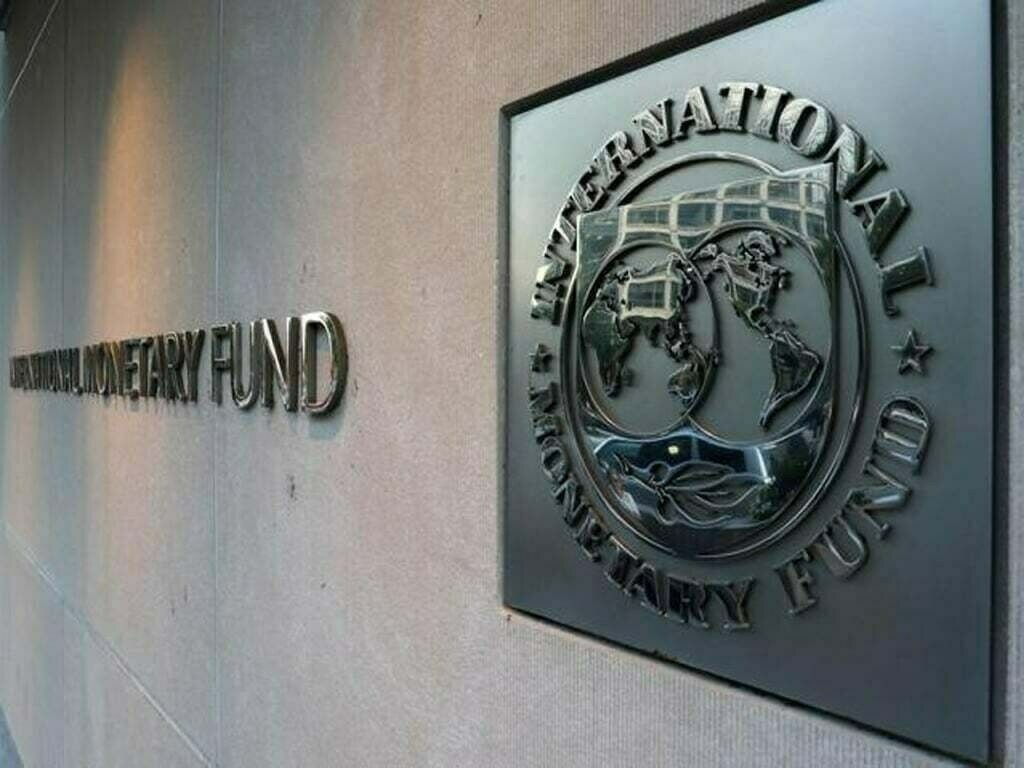The Federal Cabinet has given the green light to a comprehensive five-year privatization programme set to span from 2024 to 2029.
According to sources, this ambitious plan targets the privatization of 24 state-owned entities, with the possibility of more institutions being added as the programme progresses. The initiative marks a significant shift in government strategy, aiming to reduce the state’s footprint in key sectors of the economy, including aviation, finance, and power distribution.
The privatisation process will be carried out in three distinct phases, each targeting specific sectors and institutions. The first phase, which is expected to commence soon, will focus on two major entities: Pakistan International Airlines (PIA) and the House Building Finance Corporation. These institutions have been selected for their significant financial burdens on the national exchequer and the potential benefits that privatization could bring in terms of efficiency and service quality.
The House Building Finance Corporation, the first phase will also involve the privatization of key government-owned electricity distribution and production companies. The targeted companies include those serving Faisalabad, Islamabad, and Gujranwala. The government’s decision to prioritise these companies is driven by the need to enhance efficiency, reduce losses, and attract private investment into the energy sector—a critical component of Pakistan’s economic framework.
The second phase of the privatization programme will see the process extended to additional electric power companies. These include the Lahore Electric Supply Company (Lesco), Multan Electric Power Company (Mepco), Peshawar Electric Supply Company (Pesco), Hyderabad Electric Supply Company (Hesco), Sukkur Electric Power Company (Sepco), and Quetta Electric Supply Company (Qesco). By including these companies in the privatization plan, the government aims to bring about a more competitive and efficient power sector that can better meet the demands of consumers and support industrial growth.
Furthermore, the second phase will not be limited to the power sector alone. The Utility Stores Corporation, State Life Insurance Corporation, and Pakistan Reinsurance Company are also slated for privatization. These organisations have long been considered as potential candidates for privatization due to their extensive reach and influence in their respective sectors. The government believes that bringing in private sector expertise and investment will improve operational efficiency and service delivery, ultimately benefiting consumers and the broader economy.
The third and final phase of the privatization programme will involve the execution of the remaining privatization efforts, with a focus on any additional institutions that are identified as suitable candidates. A comprehensive privatization plan for the approved institutions is currently under development and will be presented to the Federal Cabinet for further consideration and approval. This plan will outline the specific timelines, procedures, and regulatory frameworks that will govern the privatization process.
The government’s decision to embark on this extensive privatization programme reflects its commitment to economic reform and its recognition of the need to reduce the fiscal burden posed by state-owned enterprises. By transferring these entities to private ownership, the government hopes to unlock their full potential, enhance their competitiveness, and reduce the financial drain on the national budget.
The privatization process is not without its challenges. There are concerns regarding the potential impact on employees of the privatised entities, as well as the broader implications for consumers, particularly in sectors like electricity where service delivery is critical. The government has assured that it will take these concerns into account and implement measures to protect the interests of workers and consumers alike.
The success of the privatization programme will depend on the government’s ability to attract credible investors and ensure transparency and fairness throughout the process. The inclusion of international investors and adherence to global best practices will be crucial in achieving the desired outcomes.
If successfully implemented, the privatization programme could have a transformative impact on Pakistan’s economy. By reducing the state’s involvement in commercial enterprises, the government aims to create a more dynamic and competitive economic environment that fosters innovation, investment, and job creation. Additionally, the revenue generated from the privatization process could be used to reduce the national debt, invest in critical infrastructure, and support social welfare programmes.




